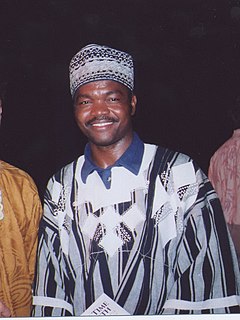A Quote by W. H. Auden
Human language is mythological and metaphorical by nature.
Quote Topics
Related Quotes
Moreover, metaphor is typically viewed as characteristic of language alone, a matter of words rather than thought or action. For this reason, most people think they can get along perfectly well without metaphor. We have found, on the contrary, that metaphor is pervasive in everyday life, not just in language but in thought and action. Our ordinary conceptual system, in terms of which we both think and act, is fundamentally metaphorical in nature.
The old view was that delicacy of language was part of the nature, the sacred nature, of eros and that to speak about it in any other way would be to misunderstand it. What has disappeared is the risk and the hope of human connectedness embedded in eros. Ours is a language that reduces the longing for an other to the need for individual, private satisfaction and safety.
This can’t be happening. It’s just not possible. (Cassandra) Oh, well, let’s not have reality intrude now, shall we? I mean, hey, you’re a mythological being descended from mythological beings and you’re in the house of an immortal guardian no human can remember five minutes after they leave his presence. Who’s to say that you can’t get pregnant in a dream by him? What? We’re jumping into the realm of reality now? (Katra)
I don't speak anything very well. The longer that you travel, you find out that you really don't even need to speak the language to get around and get things done, to live in those places. If you're somewhat resourceful and perceptive, you're pretty much going to know what's going on because human nature is human nature: they understand it, you understand it, and it works.




































